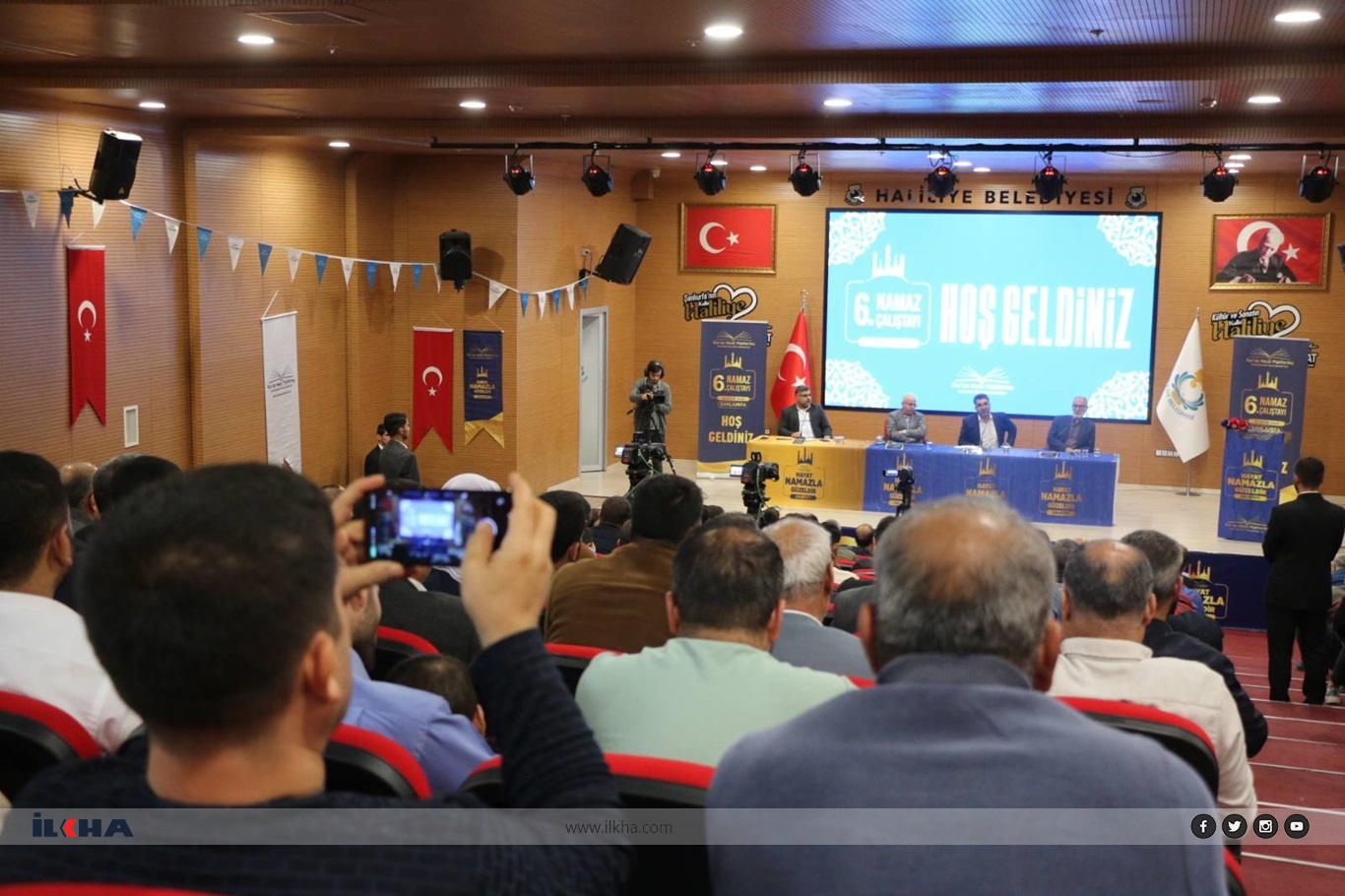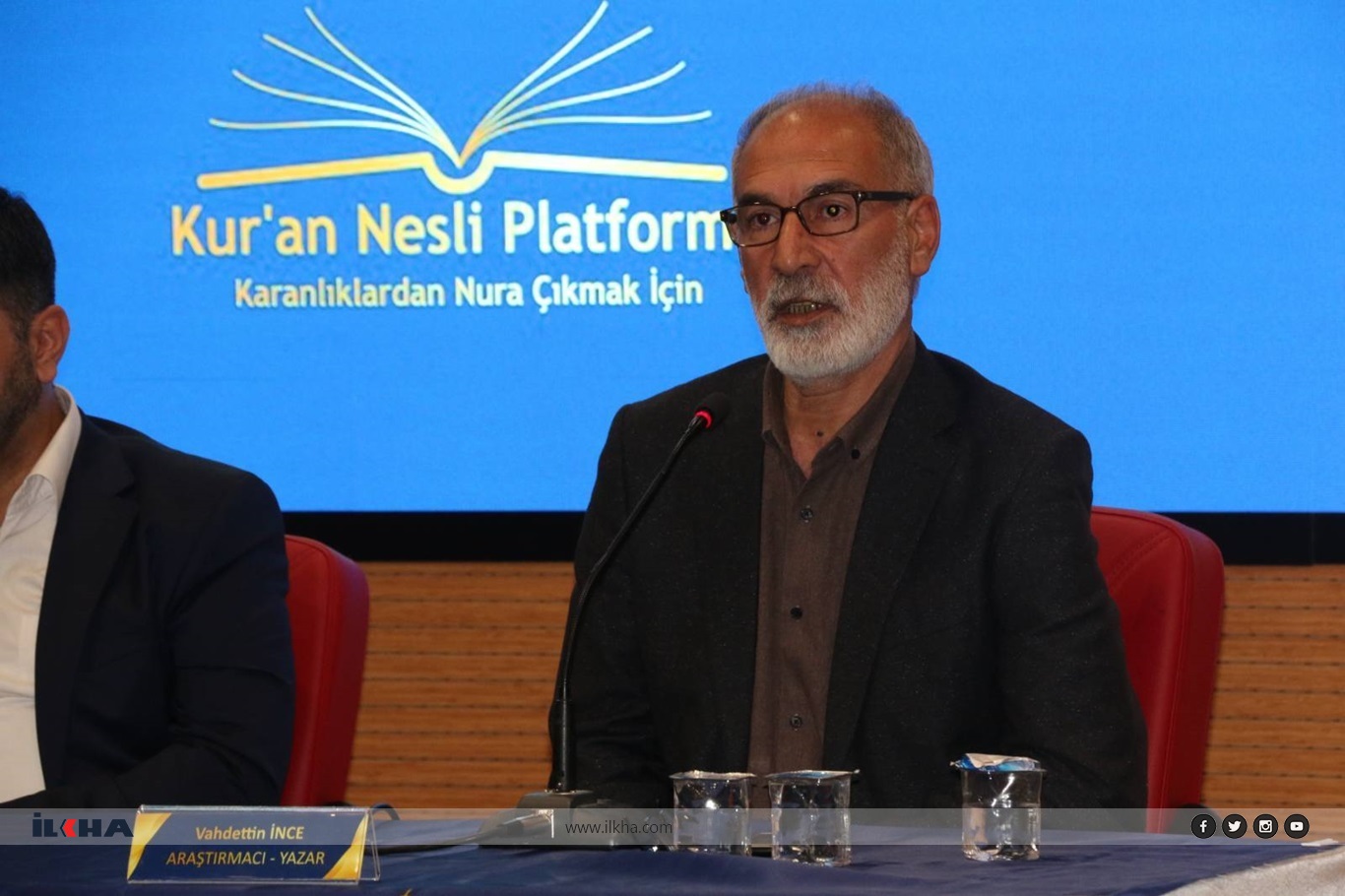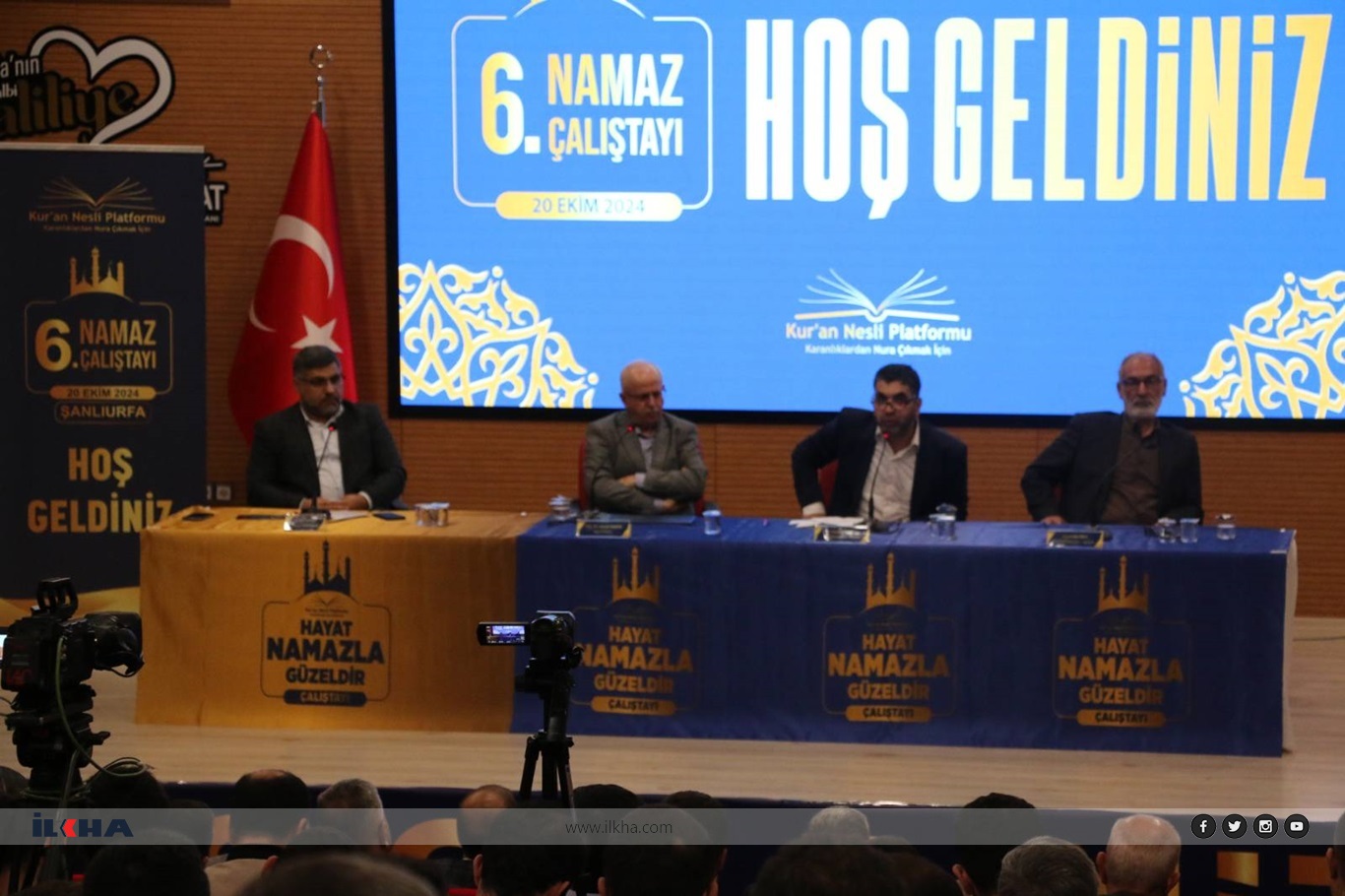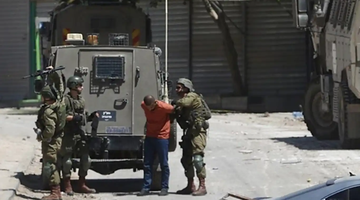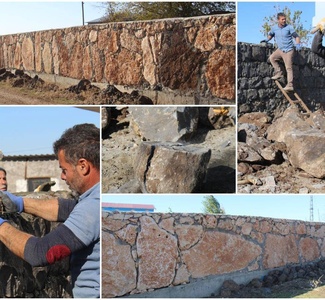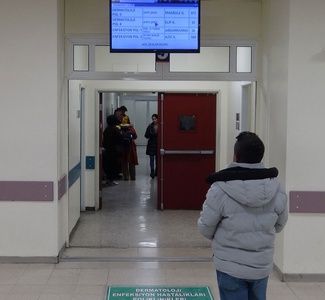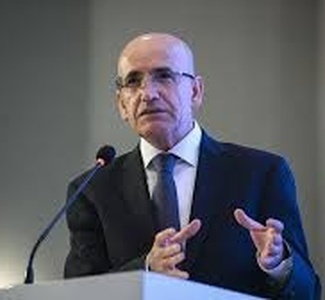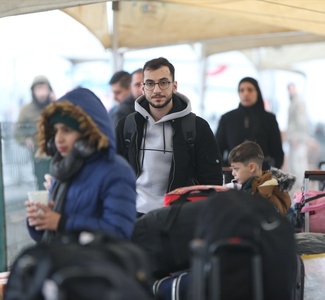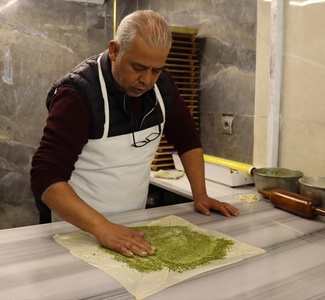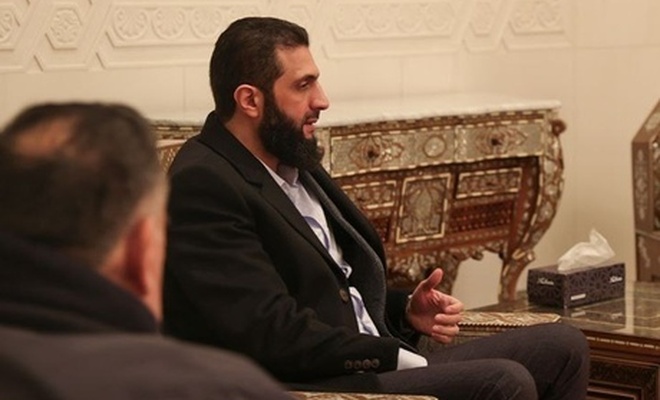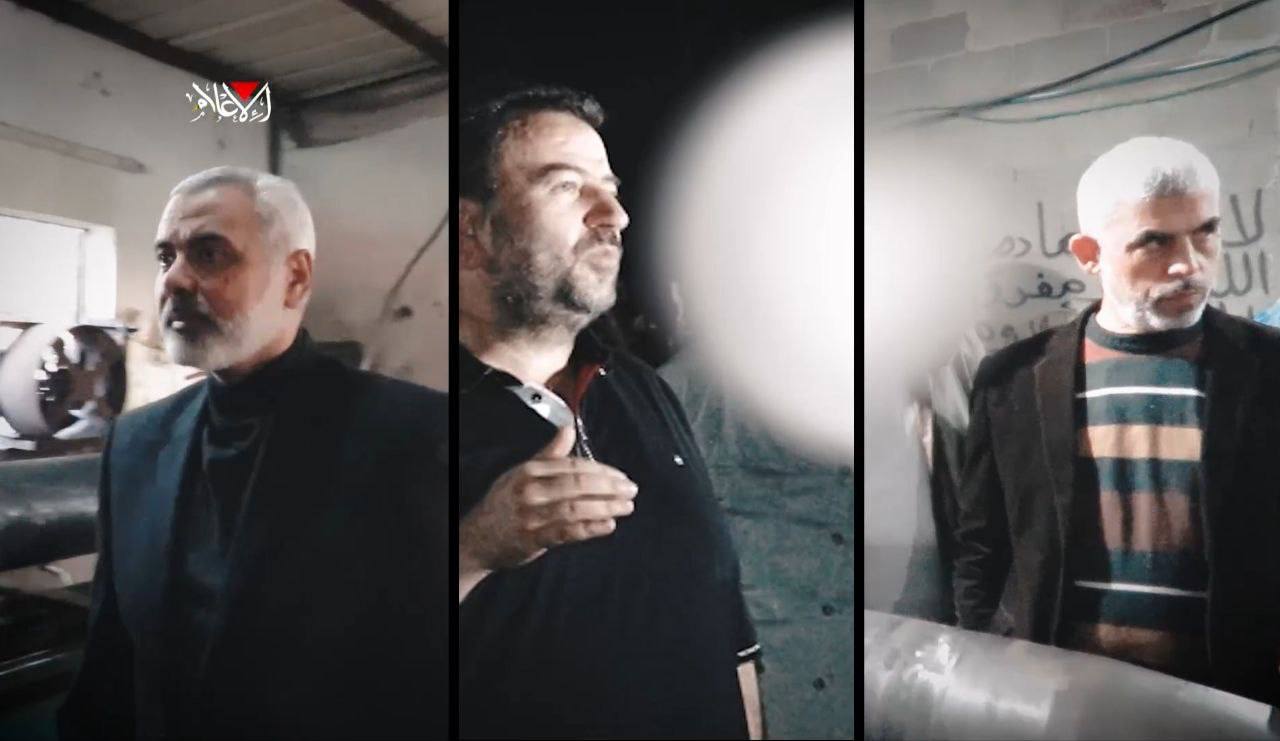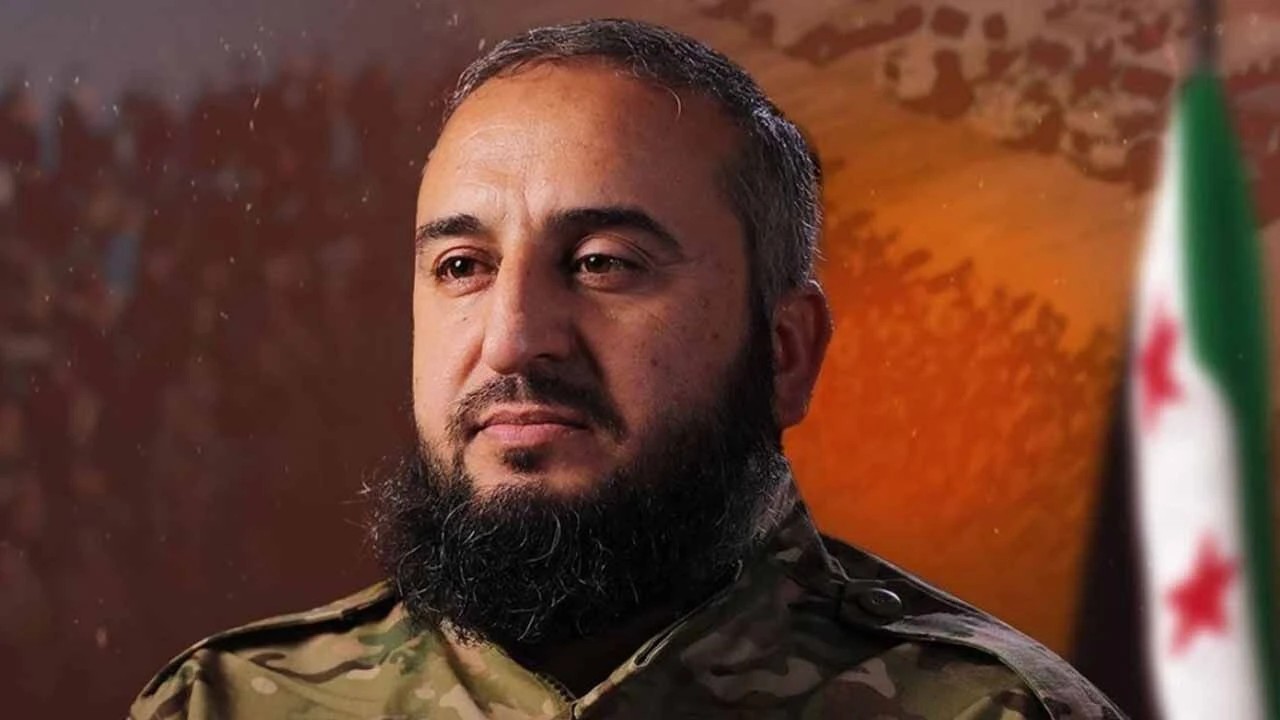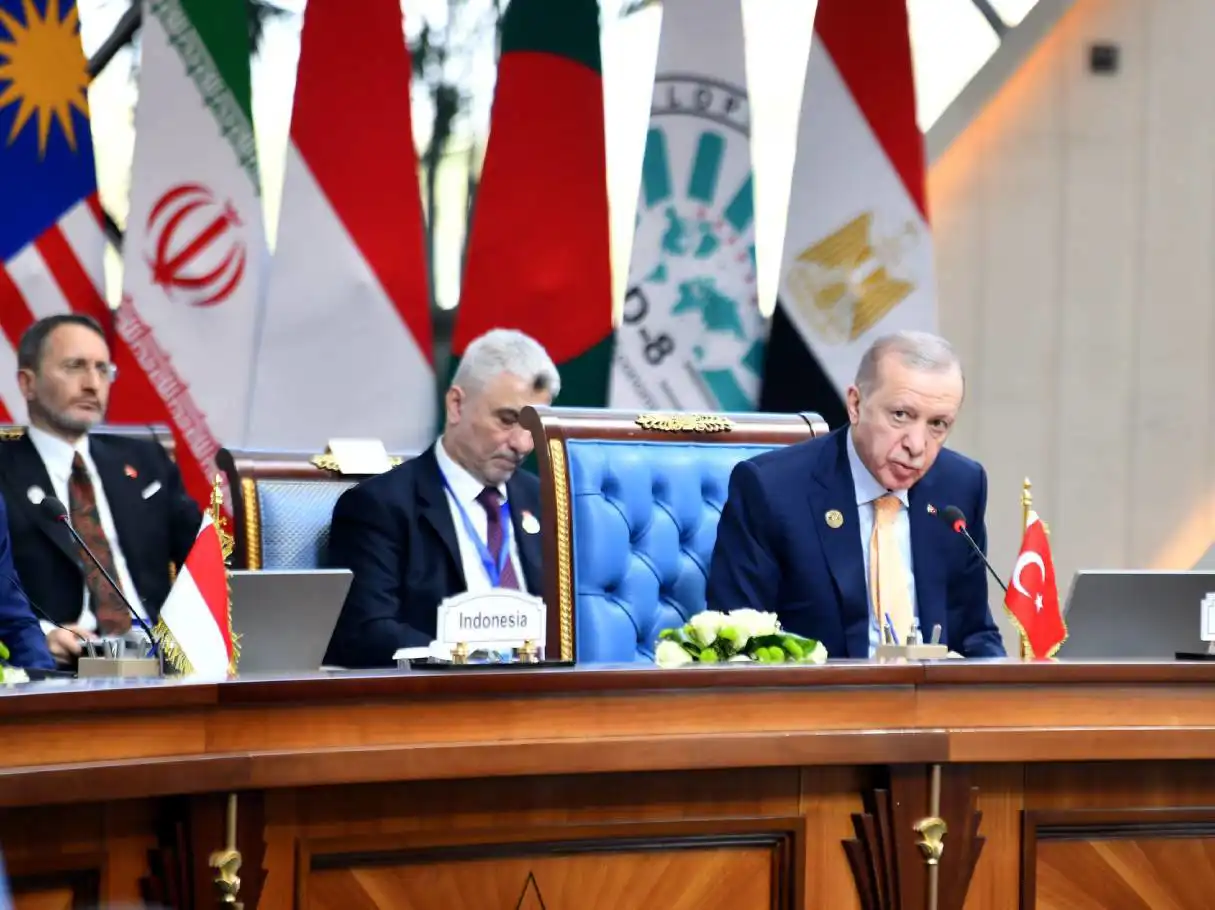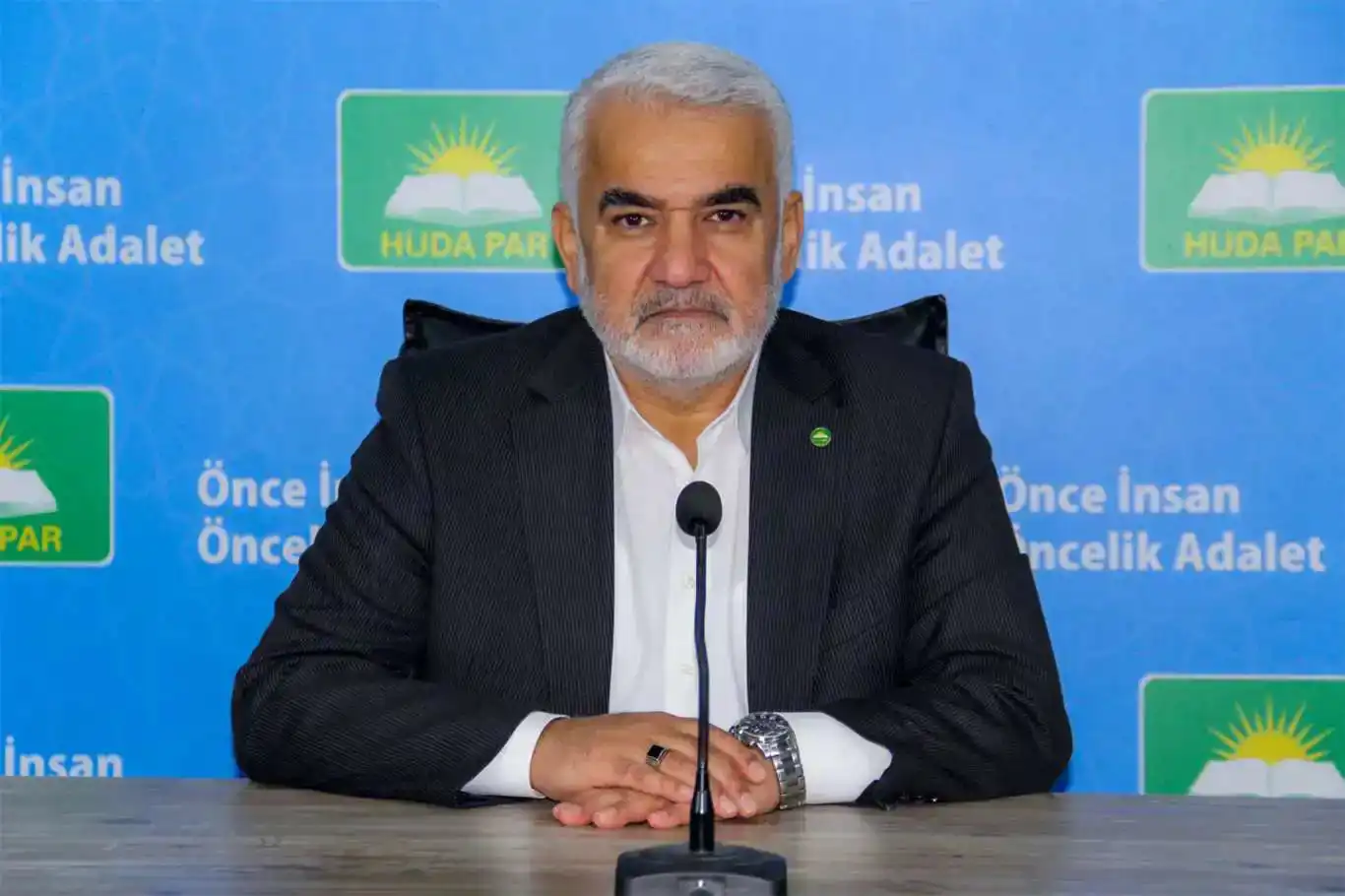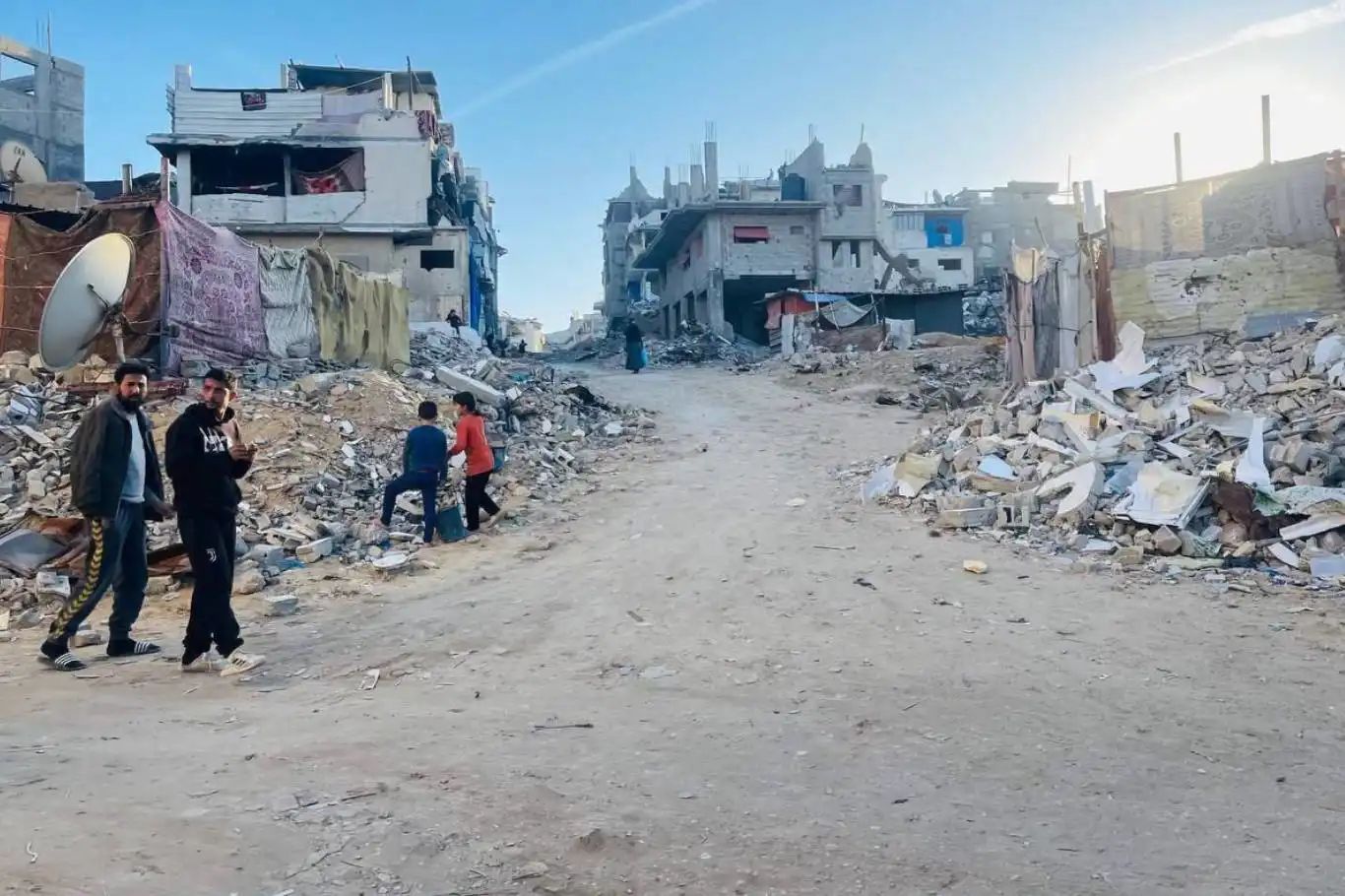Vahdettin İnce: Prayer is the key to the survival of the Islamic world
The 6th Prayer Workshop, organized under the theme “Life is Beautiful with Prayer” by the Qur'anic Generation Platform, became a profound gathering of scholars, community leaders, and the faithful, reflecting on the transformative power of prayer in today’s world.
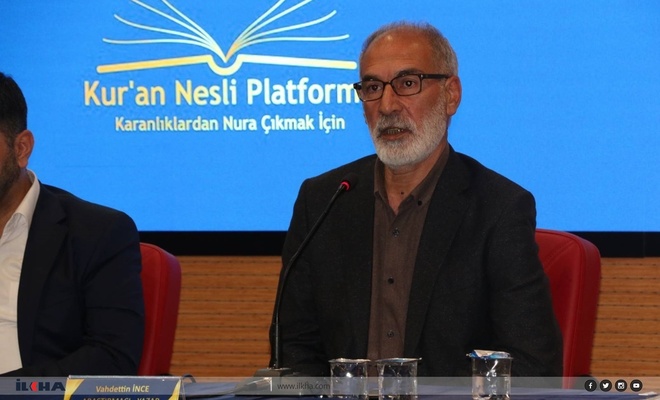
 Google News'te Doğruhaber'e abone olun.
Google News'te Doğruhaber'e abone olun. Held at the Recep Tayyip Erdoğan Youth and Culture Centre Conference Hall, the event aimed to emphasize the essential role of prayer in the daily lives of Muslims and its profound effects on individuals and communities.
The workshop began with the recitation of the Holy Qur'an by teacher Mikail Ercan, setting a reverent tone for the day. This was followed by a cinevision presentation, highlighting the importance of prayer. Opening remarks were made by Provincial Mufti Ramazan Tolan and Qur'anic Generation Platform Spokesman Mehmet Emin Sütçü, welcoming attendees and framing the day's discussions.
Among the standout speakers was author Vahdettin İnce, whose speech bridged the spiritual and the political, calling for a revival of prayer as a means to reclaim dignity and strength in the Muslim world, particularly in the context of the Palestinian struggle.
In his powerful address, İnce emphasized that prayer, like qiyam—the standing posture in Salah (Islamic prayer)—keeps individuals upright in life. He likened this upright stance to the resilience of societies that maintain their spiritual and moral foundations. “Those who do not pray,” İnce warned, “are doomed to crawl,” highlighting the belief that without the guidance and strength derived from prayer, both individuals and societies become vulnerable to external pressures and internal decay.
Drawing a profound connection between prayer and the ongoing Palestinian struggle, İnce remarked that Palestine had come to symbolize the last vestige of the Muslim Ummah’s unity and sovereignty. He reflected on how the dismantling of the Ottoman Empire and the caliphate had left the Muslim world fragmented, with Palestine standing as the final thread of Islamic sovereignty. He described the plight of Palestine as analogous to the unraveling of a sock, where sovereignty had already been lost, and now, prayer itself—the last safeguard of the faith—was at risk of being severed.
Ince declared: “Palestine is the last link of a reality called the Ummah. If this ring breaks, it will end. After that, people will turn into a dry leaf blown in front of all kinds of winds.” This metaphorical imagery captured the precarious state of the Muslim world, teetering on the edge of spiritual and political disintegration. Just as prayer holds the individual’s connection to Allah, İnce argued, Palestine holds the Muslim world’s connection to its collective identity and resistance.
The writer praised the enduring spirit of the Palestinian resistance, especially referencing Hamas leader Yahya Sinwar, whom he saluted with respect. İnce recalled translating Sinwar’s novel, “Thorn and Carnation”, which depicts the lifelong struggle of a Palestinian child who ultimately became a martyr. The book’s narrative of resistance, hardship, and sacrifice resonated deeply with İnce’s message about the intertwined fate of prayer and Palestine. He portrayed the Palestinian resistance as a spiritual struggle as much as it is a political one, where faith and prayer fuel the determination to survive and resist oppression.
Beyond the political implications, İnce delved into the philosophical and theological significance of prayer. Citing a famous Hadith of the Prophet Muhammad, he noted that Islam would be gradually unraveled, with the first stitch to go being sovereignty and the last being prayer. He lamented that the Muslim world had already seen its unity and political sovereignty fragmented, and now prayer, the cornerstone of faith, was under threat of neglect.
He reminded the audience that prayer serves as the ultimate safeguard of one’s relationship with Allah and the source of spiritual guidance in life. Prayer, he said, is more than a set of physical motions; it is a complete representation of Islamic values and beliefs. Through prayer, individuals submit all aspects of their being to Allah—standing in qiyam, bowing in ruku, and prostrating in sujood, symbolizing complete devotion and humility. Ince argued that neglecting prayer weakens this essential bond and leads to a loss of moral direction, both individually and collectively.
Drawing from Islamic history, İnce highlighted the transformative role of Islam, prayer, and the Qur’an in shaping nations. He pointed out how before the advent of Islam, Arab, Turkish, and Kurdish societies were insignificant on the global stage. Arabs, he noted, were a nomadic people, worshipping idols and lacking a moral compass, while Turks were known for marauding across Central Asia, and Kurds lived in the Zagros Mountains without any notable achievements. However, with the spread of Islam, these communities were transformed, rising to power and establishing dominance across vast territories.
“In just 23 years after the Prophet’s mission,” İnce observed, “the Arabs took vast territories under their sovereignty with great speed, while the Turks shot out of Central Asia like an arrow and established dominance as far as Vienna. The Kurds raised great scholars through the Ayyubid dynasty. Our only value was Islam, and prayer was central to that transformation.”
Yet, despite this historical greatness, İnce lamented that Muslim societies today are moving away from the values of Islam and prayer, instead submitting to the cultural and ideological influence of the West. He noted that internal divisions and conflicts among Muslim peoples have only worsened this decline. The sense of unity and shared purpose that once defined the Ummah has been replaced by fragmentation, weakening the Muslim world’s ability to stand strong against external forces.
Pointing to the philosophical dimension of prayer, İnce described how Islamic scholars explain human behavior as stemming from three forces: reason, anger, and lust. Prayer, he said, is crucial in controlling these forces and preventing them from leading to destructive outcomes. “If anger is not tempered by reason, it leads to oppression. If lust is not controlled, it leads to immorality. Both of these are evident in the world today,” he said. Prayer, therefore, serves as a means to balance these forces, allowing the mind to stay focused on righteousness and justice.
He emphasized that revelation and prayer are essential to guiding human behavior, as they help keep anger and lust under control. Prayer, İnce explained, is the “mind of the mind”—the divine intervention that ensures human actions are aligned with spiritual and moral values. This is why prayer represents the entirety of Islam and is the cornerstone of Muslim identity and unity.
Ince concluded his address by calling for a renewed commitment to prayer as the key to the survival and success of the Muslim Ummah. “Prayer is what keeps people standing,” he said, urging Muslims to revive their spiritual practices to regain their dignity and power. He described prayer as “a series of bonds,” connecting the individual to Allah and, by extension, to the collective struggle of the Ummah. Without prayer, this connection weakens, leaving Muslims vulnerable to external domination and internal decay.
He argued that just as prayer sustains the individual’s relationship with Allah, it also sustains the Ummah’s collective strength. Ince urged Muslims to not only perform their daily prayers but also to pray for the success and resilience of Palestine, which he saw as a critical symbol of the Muslim world’s survival.
In closing, İnce remarked that the spirit of resistance in Palestine was a direct result of the faith and prayers of its people. Just as Palestinians continue to resist occupation through their unshakable belief in justice, he called on Muslims everywhere to stand in solidarity with them through prayer. “We need this upright stance today,” İnce concluded, emphasizing that the revival of prayer was essential not only for personal salvation but for the collective strength and survival of the entire Muslim Ummah.
The “Life is Beautiful with Prayer” workshop is not just a gathering to reflect on spirituality but a call to action—urging Muslims to reconnect with their faith and, in doing so, stand tall in the face of adversity. (ILKHA)
